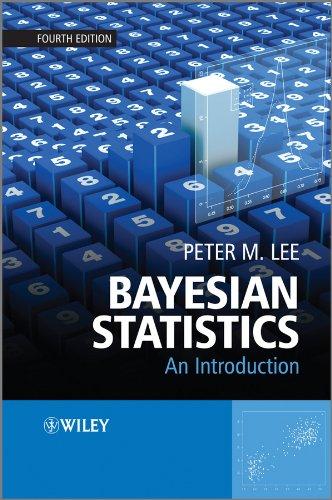Show that if the log-likelihood L( I x) is a concave function of for each scalar
Question:
Show that if the log-likelihood L(θ I x) is a concave function of θ for each scalar x (that is, L"(θ l x) ≤ ( 0 for all θ), then the likelihood function L(θ l x) fore given an n-sample x = (x1, x2, ... , xn) has a unique maximum. Prove that this is the case if the observations xi come from a logistic density

where θ is an unknown real parameter. Fill in the details of the Newton-Raphson method and the method of scoring for finding the position of the maximum, and suggest a suitable starting point for the algorithms.
Fantastic news! We've Found the answer you've been seeking!
Step by Step Answer:
Related Book For 

Question Posted:





